The U.S. Food and Drug Administration (FDA) changed the classification of a previous food recall.
Cheese from Productos La Hacienda, a Texas-based company, has been recalled with the most severe classification level due to possible contamination with a dangerous bacterium, Listeria monocytogenes.
The Recall
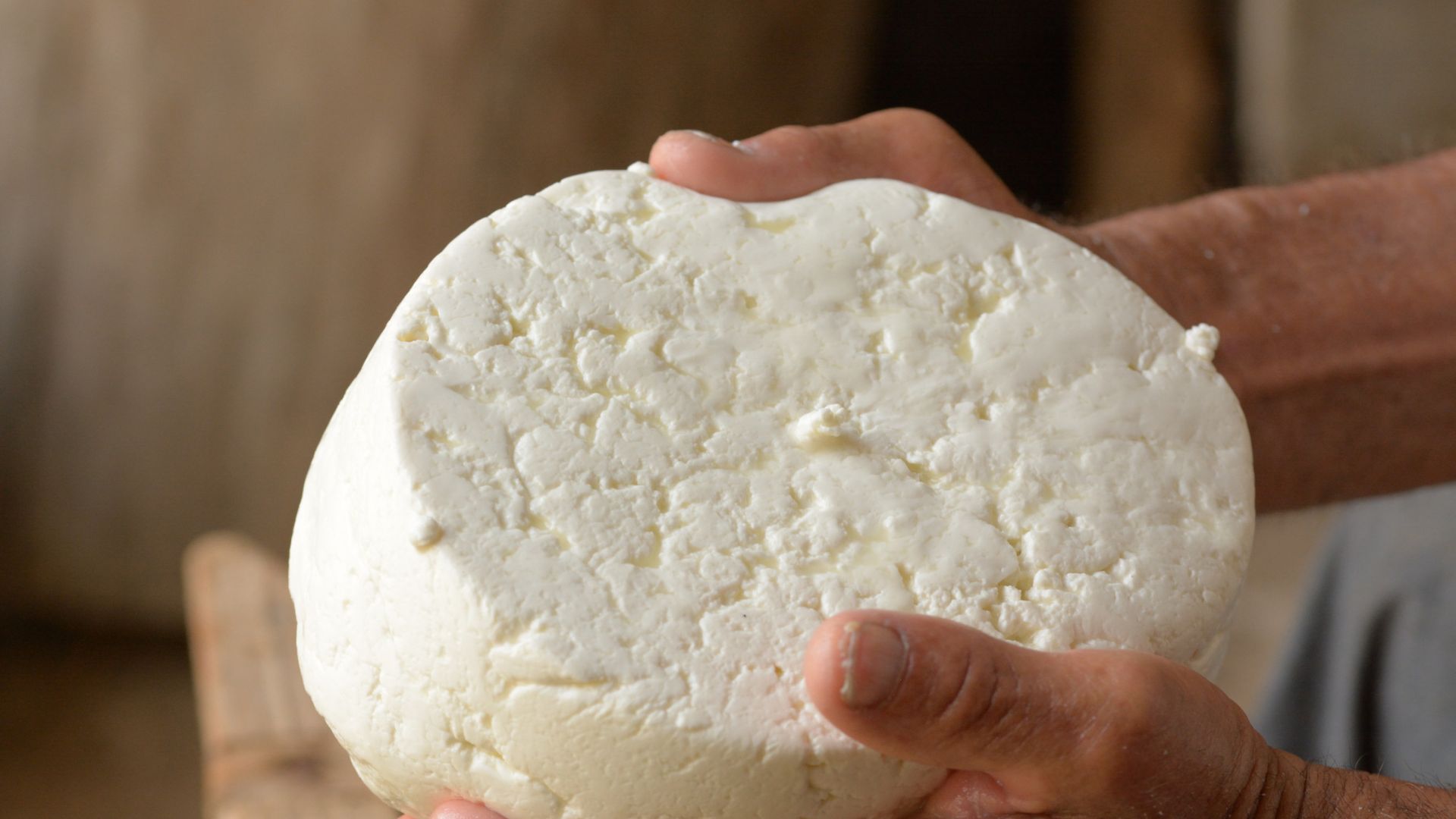
The company initially initiated a voluntary recall on a select number of cheese products – Queso Rico La Hacienda, El Queso Fresco De Veracruz and El Queso Rico ‘La Hacienda’ packaged in 9 oz, 1 pound and 2 pound plastic packages.
The recall was issued on June 3 as the company discovered that the cheeses could have been contaminated with a dangerous bacteria called Listeria monocytogenes.
How the Bacteria Was Discovered
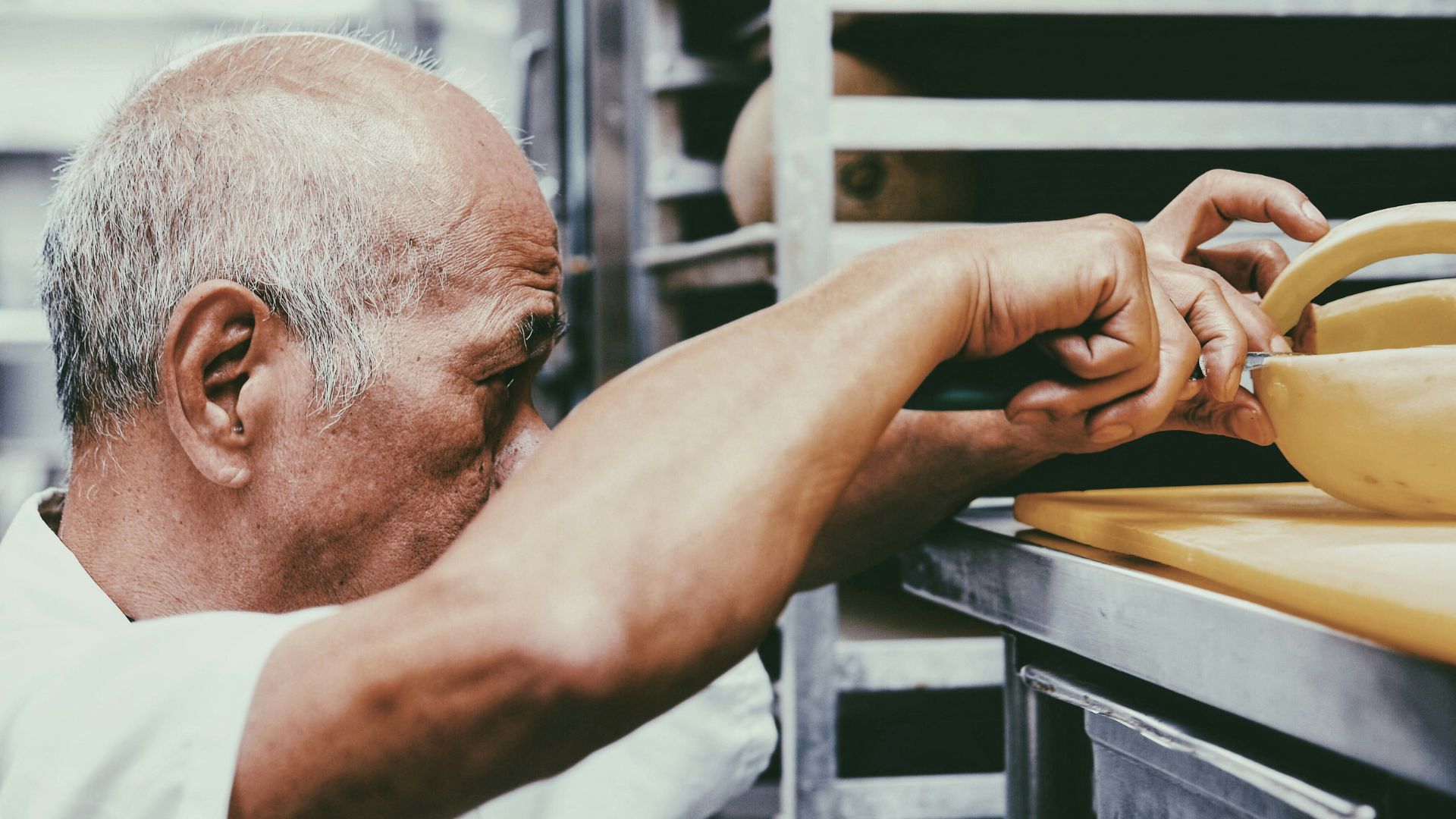
According to the FDA, pathogenic bacteria were discovered on products with an expiration date of June 2, 2024.
The company discovered several items in the queso fresco product line and has recommended that stores remove products listed under all expiration dates and sizes. The items were sent out to 80 retail stores in three large Texas counties – Rio Grande Valley, Cameron County, Hidalgo County, and Starr County.
Most Severe Classification
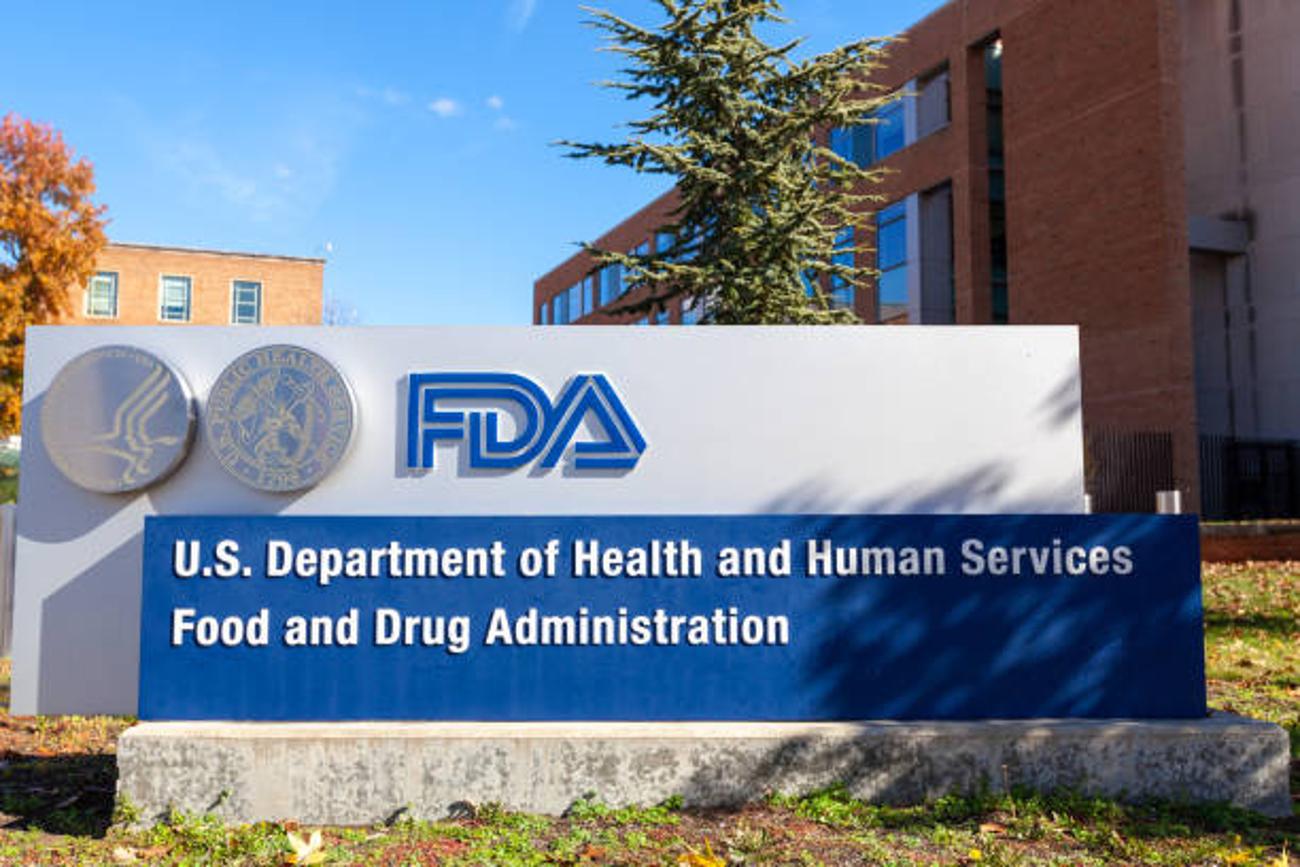
The recall has affected more than 640 pounds of cheese. Although initiated last month, the FDA only classified it as a Class I recall on July 9.
The recall was increased from Class II to the most severe classification due to how dangerous consuming the product may be. Eating the contaminated cheese could cause “serious adverse health consequences or death.”
Class II Recall

At first, the Class II classification indicated that the product’s consumption could cause “temporary or medically reversible adverse health consequences.”
When an item has been recalled under this level, a person could rarely become sick or severely ill due to ingesting it.
No Word From the Company

Although the company, Productos La Hacienda, initiated the recall itself, it has not issued any notice to the public through a press release or social media post.
Thankfully, there have not been any reported illnesses due to the contaminated cheese products.
Listeria Monocytogenes
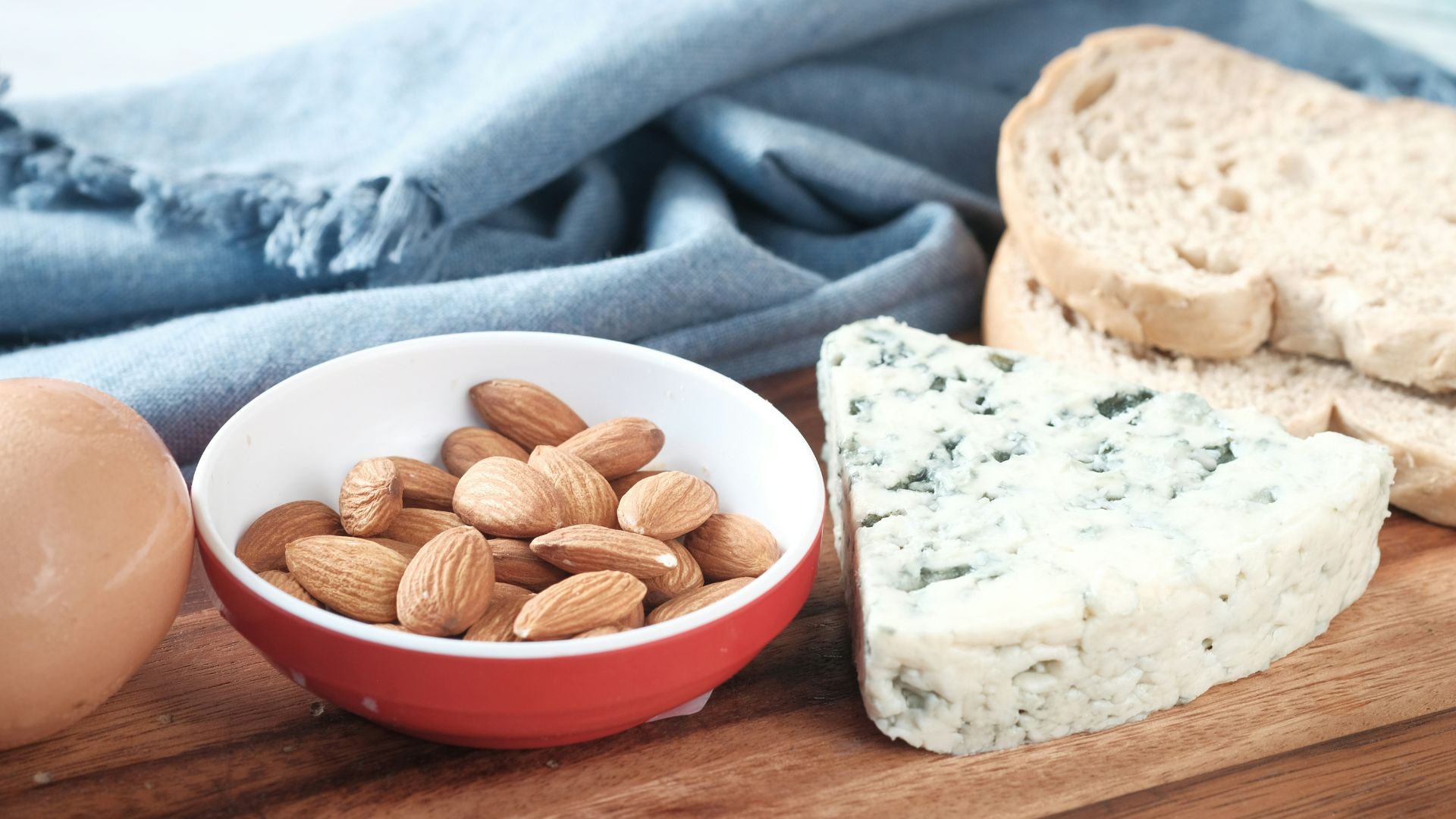
Listeria monocytogenes (l. monocytogenes) is a disease-causing bacteria found in moist environments. It can be easily transmitted when food is packed, prepared, processed, or transported in contaminated environments.
Some of the most common items contaminated with the bacteria are raw and unpasteurized milk, cheeses and ice cream. As well, pre-cut vegetables sprayed with water and packed with even a light amount of moisture can be easily affected.
Symptoms

Common symptoms of listeria bacteria can last from a few days to several weeks, according to the FDA.
Mild symptoms include fever, muscle aches, nausea, vomiting and diarrhea, and more severe issues that can arise are headaches, stiff neck, confusion, loss of balance, and even convulsions.
Dangerous for Pregnant Women

The disease caused by the bacteria is called listeriosis, and it can be deadly for small children and seniors as it attacks weak immune systems much faster.
It can also cause stillbirth and miscarriage in pregnant women, which is why doctors recommend staying away from unpasteurized milk and cheeses, deli meats, pre-cut vegetables and fruit while pregnant.
Common Issues with Cheese
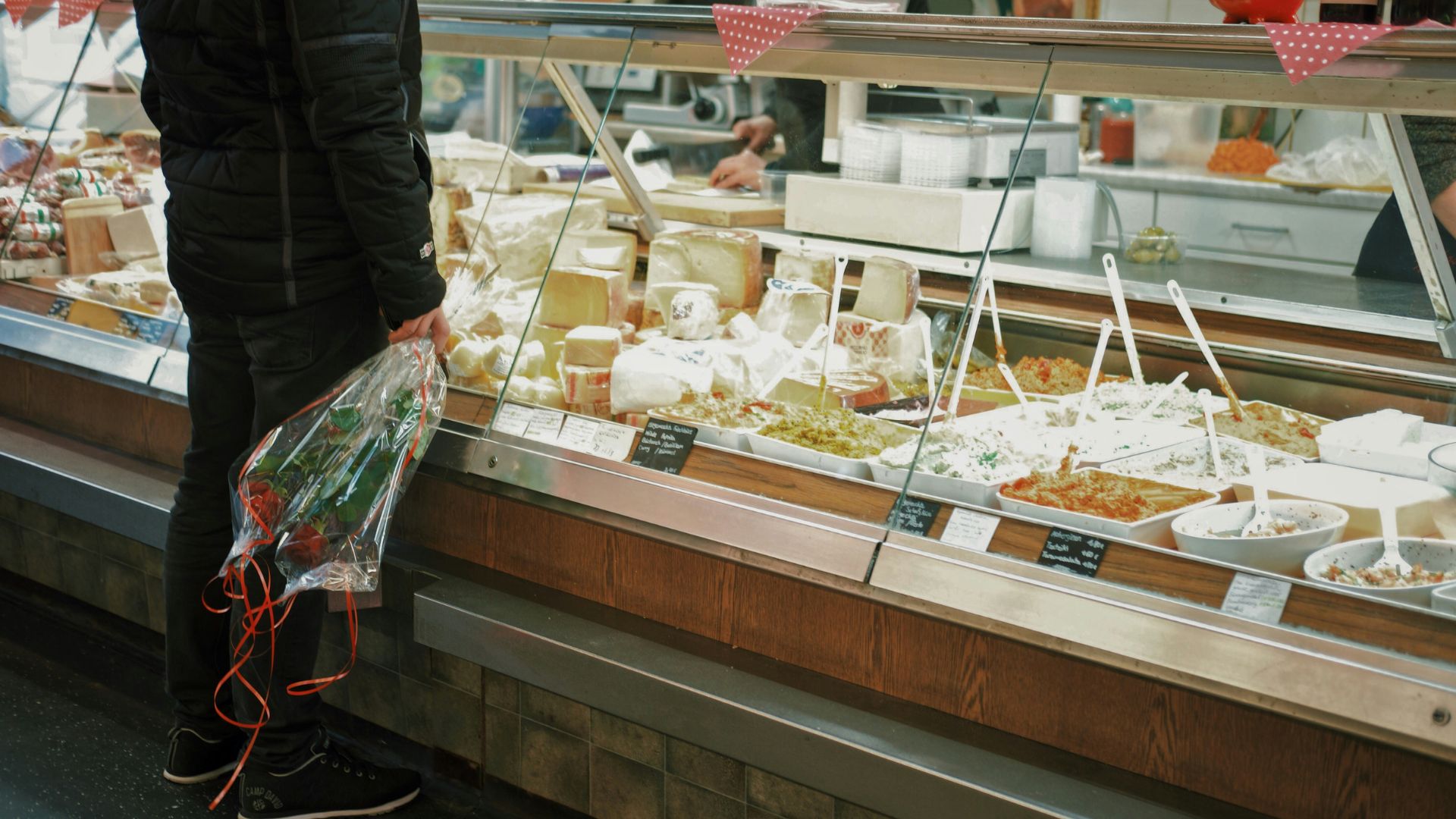
Cheese is often contaminated with listeria due to the moist environment in which it is manufactured and packed.
The best way to avoid becoming sick from cheeses is to stay away from softer varieties and keep up to date with the local news.
What You Should Do
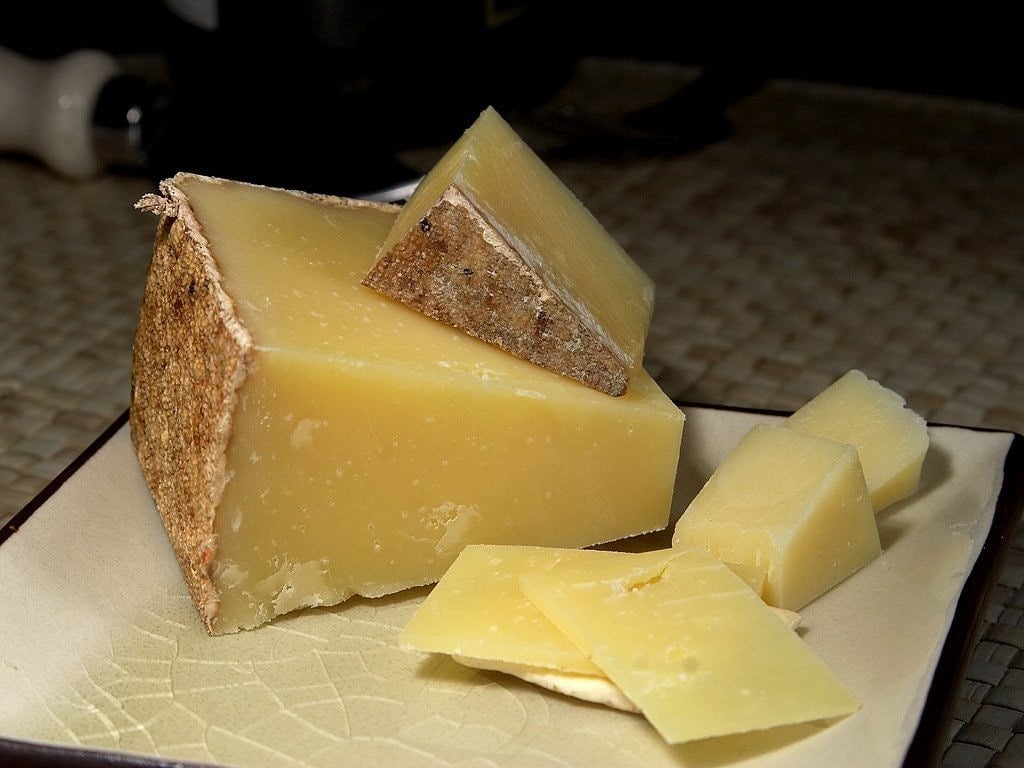
If you have any of the Productos La Hacienda in your fridge, throw it out and contact the manufacturer for a refund.
You can also return any items to the grocer where it was purchased for a refund. You most likely won’t need the receipt as all stores with the affected cheese will be aware of the issue already.
Hundreds of Deaths Every Year

According to the Centers for Disease Control and Prevention (CDC), more than 1,600 people contract listeriosis yearly.
Unfortunately, more than 260 people die every year from eating contaminated foods in the United States.








































